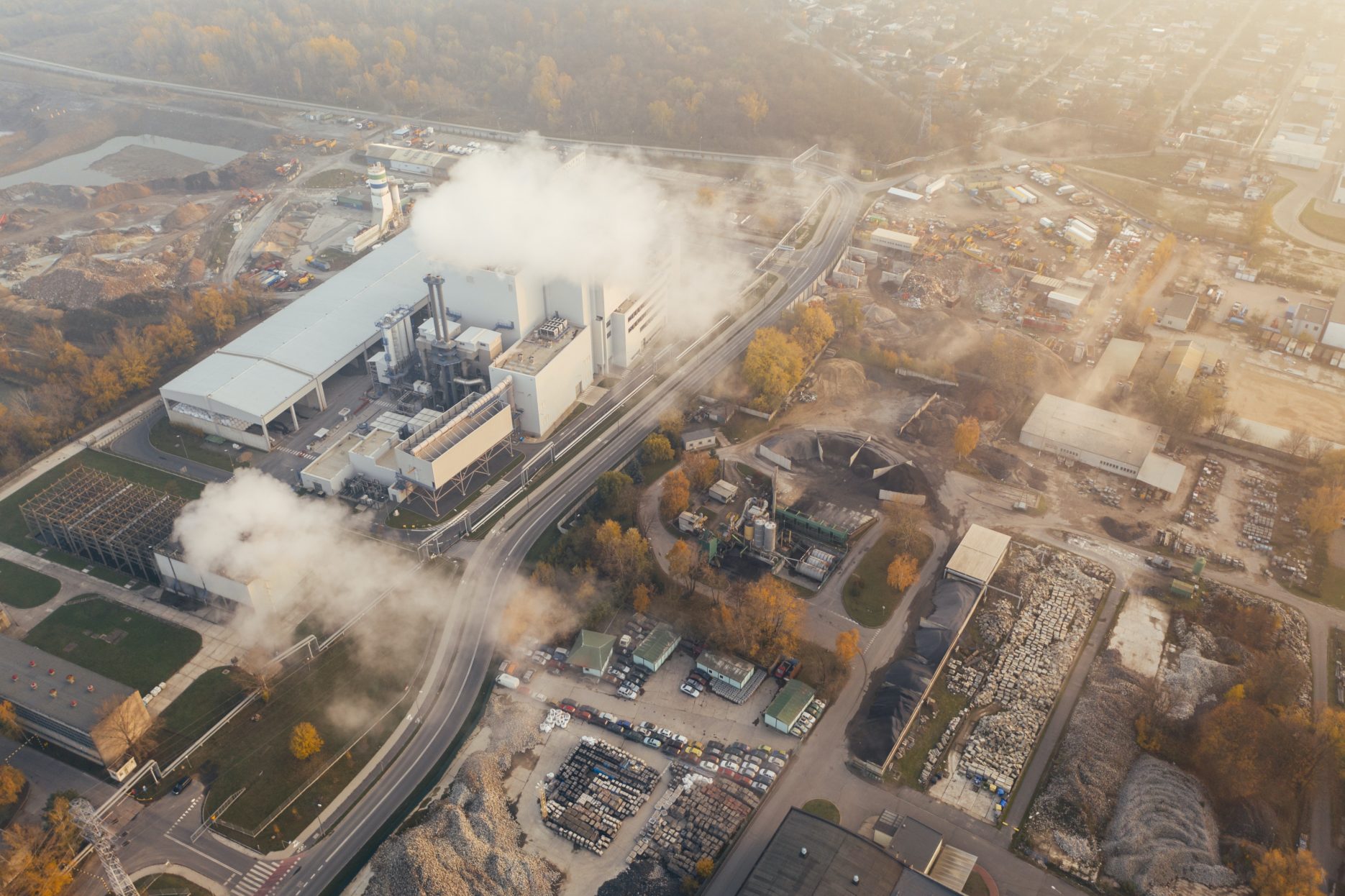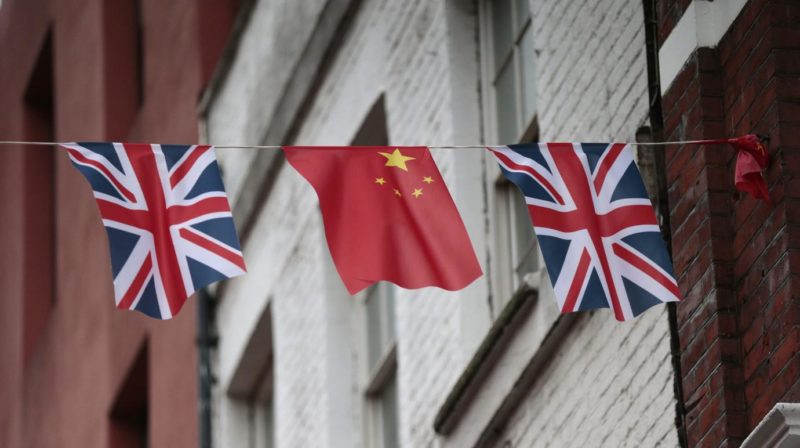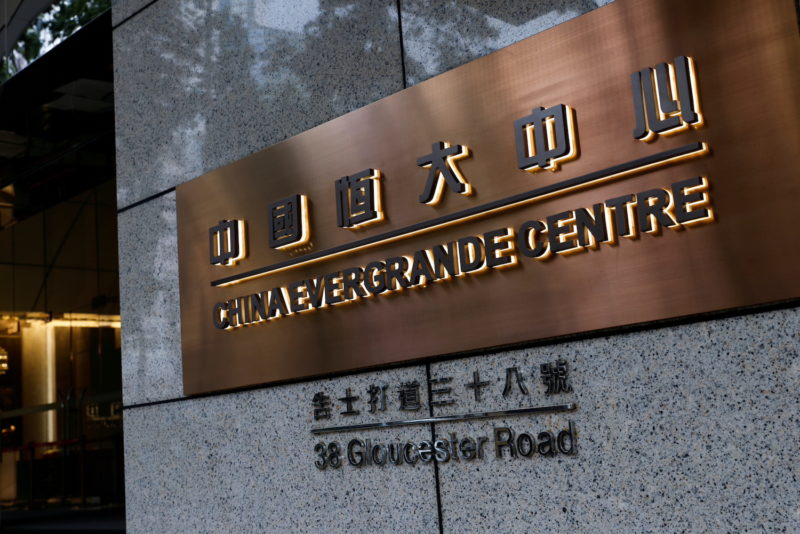The tech giant, Alibaba, is set to reduce its carbon emissions over the Chinese shopping spree Double 11 (on 11 November) by 26,000 tonnes. An estimate of 30 million kWh of green electricity is to be used to power Alibaba’s cloud data centre in Zhangbei in north China during this festival, according to the company’s announcement on 20 October.
It also says carbon emissions produced during online transactions made across this year’s Double 11 would be cut by more than the 17.6 percent achieved during another shopping festival 618, that was held earlier on 18 June.
An expected total value of 100 million yuan ($15.6 million) is to be given out during Double 11 in the format of “green coupons” by Tmall, the business-to-consumer e-commerce platform owned by Alibaba. The idea behind these coupons is that they can be spent on any recognised green products as a way to incentivise environmental awareness and products that help create a better impact.
Up to 18,400g energy points are to be released by Ant Forest, a mini-program initiated by Alibaba on its online payment platform Alipay. Ant Forest rewards its users with energy points each time they take actions to reduce their carbon footprint, such as cycling to work and switching to sustainable products.
The platform is to collaborate with household appliance sellers to achieve the targets, furthering Alibaba’s push for a more positive impact upon the environment.
In addition, Cainiao, Alibaba’s subsidiary logistics network is to launch the “Green Recycling Box” scheme from 1 November in which members of the public could exchange eggs for their unwanted cardboard boxes.
Similar efforts have been made by Alibaba’s rival JD.com, who reported a 5% year-on-year reduction in its carbon footprint during this year’s 618 shopping festival. These actions taken by Chinese e-commerce platforms could be a response to the country’s grand ambition – to achieve carbon neutrality by 2060, but whatever the reason it should lead to a more environmentally positive China.
Read more:









